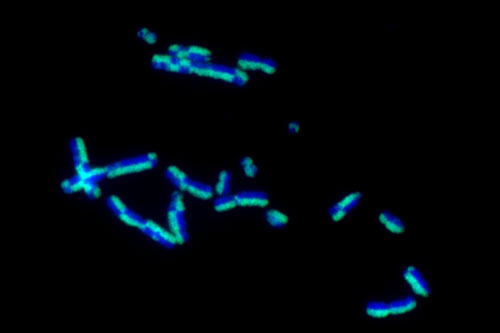Overview
Vaccines are one of the most effective tools in public health, preventing millions of deaths and protecting the most vulnerable in society. At City St George’s, University of London, vaccine science is a core strength and a key part of the institution’s legacy. The university continues to lead in the development, testing, and implementation of life-saving vaccines.
City St George’s combines laboratory research, clinical trials, policy influence, and global partnerships to advance vaccine innovation that benefits people in the UK and around the world.
The Challenge the Research is Responding To
While vaccines have transformed health outcomes globally, significant challenges remain.
• Infectious diseases continue to cause illness and death, particularly among newborns, children, the elderly and those with compromised immune systems.
• Some diseases still lack effective vaccines, or the available vaccines are not optimised for all populations.
• Global access to vaccines remains unequal, with low-income countries often missing out on the latest vaccines or accessing them much later than high income countries.
• Developing new vaccines involves complex scientific, regulatory, and policy processes, which can delay progress—especially for maternal and infant immunisations.
• Public confidence and scientific evidence, including clear measures of immune protection and vaccine safety, are essential to ensure vaccine uptake.
• City St George’s is working across all of these areas to accelerate progress and ensure vaccine research meets global needs.
Partnerships Involved
City St George’s vaccine research is supported by a strong network of partnerships including:
• Leadership roles in UK-wide initiatives, such as the UK Vaccine Innovation Pathway, helping accelerate the delivery of clinical vaccine trials across the country and the Joint Committee on Vaccination and Immunisation (JCVI), helping develop UK immunisation policies and strategy.
• Leadership roles in global initiatives, such as the World Health Organisation (WHO), developing global immunisation policies and strategy.
• St George’s University Hospitals NHS Foundation Trust, enabling direct integration between clinical care and vaccine trials through the Clinical Research Facility and Vaccine Institute.
• Industry and research funders, supporting clinical trials, diagnostics, and real-world vaccine deployment.
• Building and maintaining international facilities and partners to accelerate the delivery of clinical vaccine trials in low income countries and thereby maximise global impact where diseases hit the hardest.
Our Research
City St George’s conducts vaccine research from basic science through to policy translation.
Key areas of focus include:
• Vaccine Institute – A dedicated centre that designs and runs clinical trials in adults and children, supports vaccine development and conducts epidemiological studies on vaccine-preventable diseases.
• Maternal and Neonatal Vaccination – Research led by experts such as Professor Kirsty Le Doare and Professor Paul Heath focuses on protecting pregnant women and newborns from life-threatening infections. For example, their work on a Group B Streptococcus (GBS) vaccine aims to reduce newborn deaths from sepsis and pneumonia globally.
• Understanding Infection and Immunity – Research into how the immune system responds to bacteria and viruses helps guide vaccine and monoclonal antibody development (e.g. against Mycobacteria, Dengue, Rabies, Chikungunya) through novel technologies (plant-based technology) and identify the levels of immune response needed to protect against disease.
• Clinical Trials – City St George’s has played a leading role in clinical trials for COVID-19 vaccines, coordinating the UK’s largest COVID-19 vaccine randomised controlled trial, the largest maternal COVID-19 vaccine trial and a trial leading to the approval of a dual-strain COVID-19 booster, designed to protect against both the original virus and Omicron variants.
Our impact
City St George’s vaccine research has contributed to meaningful improvements in health and policy:
• Influenced global health guidance and regulatory decisions, including contributions to WHO and FDA recommendations.
• Supported approval of more effective vaccines, such as COVID-19 vaccines, through its leadership in clinical trials.
• Developed molecular tools used nationally and internationally to monitor pneumococcal vaccine effectiveness and support vaccine design.
• Advanced maternal immunisation strategies, improving protection for both mothers and babies
• Contributed to vaccine development for diseases with the greatest impact in low-resource settings, supporting global health equity.




